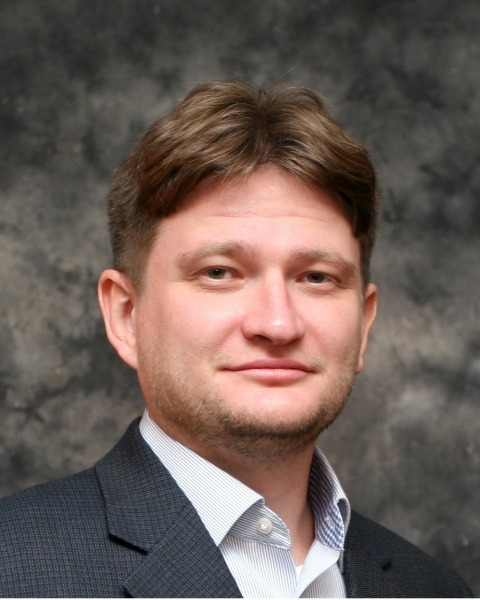Biotherapies, Cellular Therapies, and Immunotherapies
(P-BT-1) A Simple, Closed System for High-Purity Lymphocyte Isolation from Whole Blood
Sunday, October 20, 2024
12:00 PM - 1:00 PM

Sergey S. Shevkoplyas, PhD
Professor of Biomedical Engineering
University of Houston
Houston, Texas, United States
Presenting Author(s)
Background/Case Studies: A distinct pain point in the manufacture of cellular therapies has become increasingly apparent for researchers and patients alike. In procuring the raw material needed for study (e.g. T cells for CAR-T therapies), researchers typically spend thousands of dollars per donor to purchase leukapheresis units, which still must be washed prior to using the cells for downstream processing. This cell harvesting approach is an even starker inconvenience to vulnerable cancer patients who must endure the multi-hour protocol – which can pose non-negligible risks, particularly to younger patients that do not have the blood volume nor venous access of adults. The goal of this study was to evaluate an alternative cell separation paradigm, by isolating lymphocytes directly from whole blood (WB), in order to eliminate the leukapheresis burden.
Study
Design/Methods: We investigated the use of a next-generation, high-throughput (8mL/min), flow-through microfluidic device for harvesting lymphocytes from standard (~500mL) bags of donated WB – which had been cold-stored overnight – while removing the vast majority of undesired cells (red blood cells, RBCs; platelets, PLTs; granulocytes, and monocytes). The recovery of lymphocytes and removal of unwanted cells was compared to results obtained using a common, conventional cell isolation technique (i.e. density gradient centrifugation) on paired samples. The isolated T lymphocyte cohorts were then put into static bag culture to assess the effects of cell processing on their subsequent expansion – with the same device used to wash/concentrate cultured cells in the microfluidic arm, thereby eliminating any open or centrifugation-based processing steps from the entire cell therapy manufacturing process. A small pilot study was also performed to investigate if any differences in tumor eradication ability could be observed in vivo between the microfluidic and conventional methods.
Results/Findings: The purity of the lymphocyte samples isolated microfluidically was far superior to those from density gradient centrifugation, and on par with typical leukopaks, as the prototype device removed ~99.5% of RBCs & PLTs, and >90% of monocytes & neutrophils, with high reproducibility. The microfluidically-isolated lymphocytes expanded to a greater extent in culture than their conventionally-processed counterparts, and also showed clear superiority in eradicating (CD19+ SKOV3 cell) tumors in a mouse model.
Conclusions: Lymphocytes can be reliably harvested from standard WB donations using this novel closed system, with high purity and perhaps higher overall quality than traditional methods.
Study
Design/Methods: We investigated the use of a next-generation, high-throughput (8mL/min), flow-through microfluidic device for harvesting lymphocytes from standard (~500mL) bags of donated WB – which had been cold-stored overnight – while removing the vast majority of undesired cells (red blood cells, RBCs; platelets, PLTs; granulocytes, and monocytes). The recovery of lymphocytes and removal of unwanted cells was compared to results obtained using a common, conventional cell isolation technique (i.e. density gradient centrifugation) on paired samples. The isolated T lymphocyte cohorts were then put into static bag culture to assess the effects of cell processing on their subsequent expansion – with the same device used to wash/concentrate cultured cells in the microfluidic arm, thereby eliminating any open or centrifugation-based processing steps from the entire cell therapy manufacturing process. A small pilot study was also performed to investigate if any differences in tumor eradication ability could be observed in vivo between the microfluidic and conventional methods.
Results/Findings: The purity of the lymphocyte samples isolated microfluidically was far superior to those from density gradient centrifugation, and on par with typical leukopaks, as the prototype device removed ~99.5% of RBCs & PLTs, and >90% of monocytes & neutrophils, with high reproducibility. The microfluidically-isolated lymphocytes expanded to a greater extent in culture than their conventionally-processed counterparts, and also showed clear superiority in eradicating (CD19+ SKOV3 cell) tumors in a mouse model.
Conclusions: Lymphocytes can be reliably harvested from standard WB donations using this novel closed system, with high purity and perhaps higher overall quality than traditional methods.
